Artificial Intelligence (AI) and Machine Learning (ML) are buzzwords you hear a lot these days. Many people use them interchangeably, but they are not the same thing. Both are important technologies that can change how businesses work. Knowing the difference can help you make better decisions for your business. In the sections that follow, we will dive deeper into what AI and ML are, their functions, key differences, and why knowing these details is crucial for your business.
Understanding AI: What It Is and How It Works
AI stands for Artificial Intelligence. It refers to machines that can perform tasks that usually need human intelligence. These tasks include things like recognizing speech, playing games, and even diagnosing diseases. The goal of AI is to make machines smart and capable of thinking and learning like humans.
AI works by using algorithms and large amounts of data. Algorithms are sets of rules or instructions that tell a computer what to do. When you feed data into these algorithms, the machine can learn from the data and make decisions. For instance, a chatbot uses AI to understand what you type and respond with helpful answers.
There are different types of AI. One type is called Narrow AI, which is designed to perform a specific task. For example, a virtual assistant like Siri or Alexa can set reminders and answer questions. Another type is General AI, which aims to perform any intellectual task that a human can. Although we are not there yet, scientists and researchers are working hard to achieve this level of AI.
Breaking Down ML: The Basics and Its Functions
Machine Learning, or ML, is a subset of AI. It focuses on teaching machines to learn from data. Instead of being explicitly programmed to perform a task, ML allows machines to learn and improve from experience. This makes ML very powerful for tasks that involve lots of data.
There are different types of ML. One type is called Supervised Learning. In this type, the machine is trained on a labeled dataset, which means the data comes with the correct answers. For example, to teach an ML model to recognize cats, you would show it lots of pictures of cats and tell it, “This is a cat.” Over time, the model gets better at identifying cats on its own.
Another type is Unsupervised Learning. Here, the machine learns from data that is not labeled. It looks for patterns and relationships in the data. This type of learning is useful for tasks like clustering customers into different groups based on their buying habits.
Reinforcement Learning is another type. It works by rewarding the machine for making good decisions and punishing it for making bad ones. An example of this is a robot learning to walk. The robot is rewarded whenever it stays balanced and moves forward but penalized when it falls.
Key Differences Between AI and ML
AI and ML are related but serve different roles. Understanding these differences can help businesses make better choices.
1. Scope: AI is a broad field aiming to create machines that simulate human intelligence. ML is a subset of AI that focuses on data learning and making predictions.
2. Functionality: AI can perform a range of tasks, from taking phone calls to managing inventory. ML excels at processing large amounts of data and making accurate predictions. For example, ML can predict sales trends based on past data.
3. Methods: While AI uses various techniques to mimic human actions, ML relies on algorithms to find patterns in data. This makes ML more specialized and ideal for tasks like recommendation systems and fraud detection.
4. Example Systems: AI includes systems like virtual assistants, robots, and even smart home devices. ML includes models for data analysis, customer segmentation, and automated decision-making systems.
These differences highlight the unique strengths of AI and ML. While AI offers broad capabilities, ML provides specialized, data-driven solutions. Understanding this can help businesses choose the right technology for their needs.
Why the Difference Matters for Your Business
Grasping the difference between AI and ML is crucial for business success. Making informed choices can lead to better results in various areas.
1. Tailored Solutions: Knowing what each technology can do helps you choose the right tool for specific challenges. For instance, if you need to analyze customer data, ML can provide accurate insights that help make better decisions.
2. Efficiency Boost: Using the right technology can streamline operations. AI can automate repetitive tasks, freeing up employees to focus on more important work. For example, chatbots can handle basic customer queries, allowing human agents to tackle complex issues.
3. Competitive Edge: Businesses that effectively use AI and ML can stay ahead of competitors. These technologies can offer insights into market trends, helping you adapt quickly. ML can identify emerging trends, giving you a head start on adjusting your strategy.
4. Cost Savings: Both AI and ML can reduce costs. ML models can identify inefficiencies in your supply chain, helping you save on operational costs. AI can optimize resource allocation, ensuring you get the most out of your investments.
Choosing between AI and ML comes down to understanding their unique strengths. By leveraging these technologies, businesses can improve operations, make better decisions, and stay competitive.
Conclusion
AI and ML are powerful tools that can transform how businesses operate. While AI offers a broad range of applications, ML provides specialized data-driven insights. Knowing the difference is key to making the right choice for your business needs.
At MCI, we offer customized contact center automation and technology solutions to help you leverage the power of AI and ML. Let us help you transform your business operations. Contact us today to learn how we can support your journey toward innovation.





















